- Jul 6, 2013
From the Playbill: Who Can Afford the American Dream?
by Maddie Gaw
In both the national and local conversation, there is an ongoing debate about raising the minimum wage to $15 an hour. The mayors of San Francisco and Oakland have already backed successful initiatives to raise the minimum wage well above the statewide rate of $9 an hour, and are currently campaigning to raise the statewide minimum to $15 by the year 2021. For the four bussers in My Mañana Comes who live in New York City, they are expected to stretch a minimum wage of $8.75 an hour to live in one of the most expensive places in the country.
For both the Bay Area and NYC, there is a discrepancy between the income earned by full-time minimum-wage employees and the actual cost of living in the cities where they work—and in some cases where they have lived their whole lives. In the Mission District in San Francisco, a historically working-class Latino neighborhood, gentrification has taken over at almost lightning-speed ever since newcomers employed by Silicon Valley decided to move in. Whole generations of families are being forced out, losing the rent control they’ve relied on for years.
Harlem, the famous Manhattan neighborhood that likely still evokes images of Langston Hughes, The Apollo Theatre and a populous African-American community, has not been a majority-black neighborhood since 2008, which has caused both an identity and economic crisis for born-and-raised New Yorkers like Peter in My Mañana Comes. While one component of the traditional American Dream—home ownership—has long been out of grasp for working and middle class families of all races, the more abstract concepts of home, community and heritage are being threatened by the current economic climate.
Raising the minimum wage would be an important step towards bridging this economic gap, but some industries will require even more intervention and restructuring to genuinely call their wages livable. The restaurant business and its previously unquestioned system of tipping has recently come under fire for a variety of reasons. Many servers and other tipped Front of House employees are currently paid less than minimum wage, with the assumption being that the tips they earn per hour will more than make up for it. This does not account for slow nights or stingy customers, nor does it account for the fact that research shows that servers of color are tipped less, or that women feel compelled to put up with sexual harassment to procure good tips.
Tips are also the reason why some restaurants offer their Front of House employees fixed shift pay, rather than the recommended hourly pay—a practice that has been the subject of recent lawsuits. While shift pay is not technically illegal, many restaurant employers have used shift pay as a way of avoiding paying their employees overtime. Any employee working more than 40 hours a week is entitled to overtime, whether they are paid by the hour or the shift. In My Mañana Comes, shift pay becomes a contentious battleground.
While pursuing the American Dream is already challenging for many American citizens, it’s an even more complicated task for undocumented immigrants, whose path to citizenship can range from difficult to impossible. Because of their undocumented status, people like Jorge and Pepe in My Mañana Comes hold jobs that pay minimum wage—or less—and are more susceptible to workplace abuses and violations because they fear the repercussions of speaking out . It’s a fear that continues to dog people who have lived, worked and paid taxes in the United States for several years, people who earn enough to survive day to day but not enough to take on the considerable financial burden of applying for U.S. citizenship. The current citizenship application fee is $685, and the total cost for a green card application can be upwards of $2,000, depending your circumstances.
